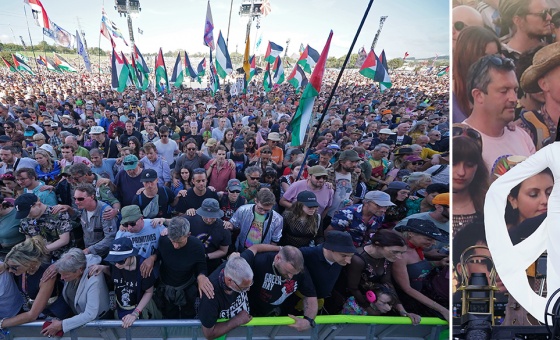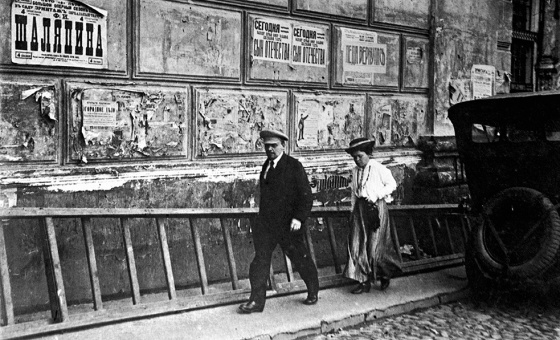This is the last article you can read this month
You can read more article this month
You can read more articles this month
Sorry your limit is up for this month
Reset on:
Please help support the Morning Star by subscribing here
A FOOTNOTE that the socialist historian EP Thompson made to his A Psessay in Ephology about the 1959 general election, though over 60 years old, does seem to capture quite well the relation between the media, leaders debate and opinion polls currently: “A psephologist is a man employed by the mass media to research into what people think the mass media has told them to think. An ephologist is a man employed by the Observer or BBC to interpret the results of psephology and who makes an ephing good thing out of it.”
Polling outfit Ipsos has published an MRP poll which shows the current break down of support in each constituency. For those who want the Tories out its good news. There is a Labour landslide coming with even hard-right figures like Robert Jenrick, Suella Braverman and Liz Truss not safe.
The headlines generated by such polls often come with brief if unexplained historical references. For example, the Tories are set to win fewer seats than at any election for over 100 years.
Meanwhile the projected Labour majority could be one of the largest the party has ever achieved. Sir Keir Starmer goes on constantly about his changed Labour Party but it is not a new approach. Very similar wording was used by Tony Blair in 1997. By “change” of course he means that he has purged much of the left from Labour. Purging voters is more difficult.
Jeremy Corbyn looks to be in with a distinct chance of winning in Islington North, itself a rare achievement for an independent. But canvassing shows that on the doorstep people support Corbyn but of course have always voted Labour. Explaining that this time he is an independent candidate is crucial.
That underlines that, despite Starmer, voting Labour for many people and in many areas remains a class vote. At least since Labour lost the 1959 election pundits have been trying to argue that such a thing no longer exists.
However if you look at the map closely associated with the Ipsos poll it closely mirrors one that might have been found 60 years ago. Whatever Starmer’s changed Labour is about, the strongly working-class areas of London, south Wales, north-west England and Tyneside are a sea of red, just as they were in 1964.
The Tories may well end up with less than the 155 seats they won at the 1906 election where they split over the issue of free trade.
Perhaps more relevant is the election held after the 1832 Reform Act extended the franchise. The Tories lost and a complete rethink began.
William Hulton, the magistrate who sent the yeomanry in at Peterloo in 1819, was among those who began to organise grassroots Tory organisation.
Something similar might be expected for the Tories after July 4, combined perhaps with a further lurch to the right.
All this, though, represents a one-dimensional politics. The differences between Starmer and Rishi Sunak exist but are very much at a secondary level. Both back a capitalist market economy and a drive to war.
On that basis turnout is not likely to be high and the total share of the poll taken by Labour and the Tories is likely to be the lowest of recent times.
There are many independent candidates standing, some on socialist and pro-Palestinian platforms. They cannot rely on any media coverage but on organising locally and going door to door.
In the interests of wider democracy and socialist politics, let’s hope there are some decent votes. A landslide, however, does tend to sweep aside all.
Keith Flett is a socialist historian.











